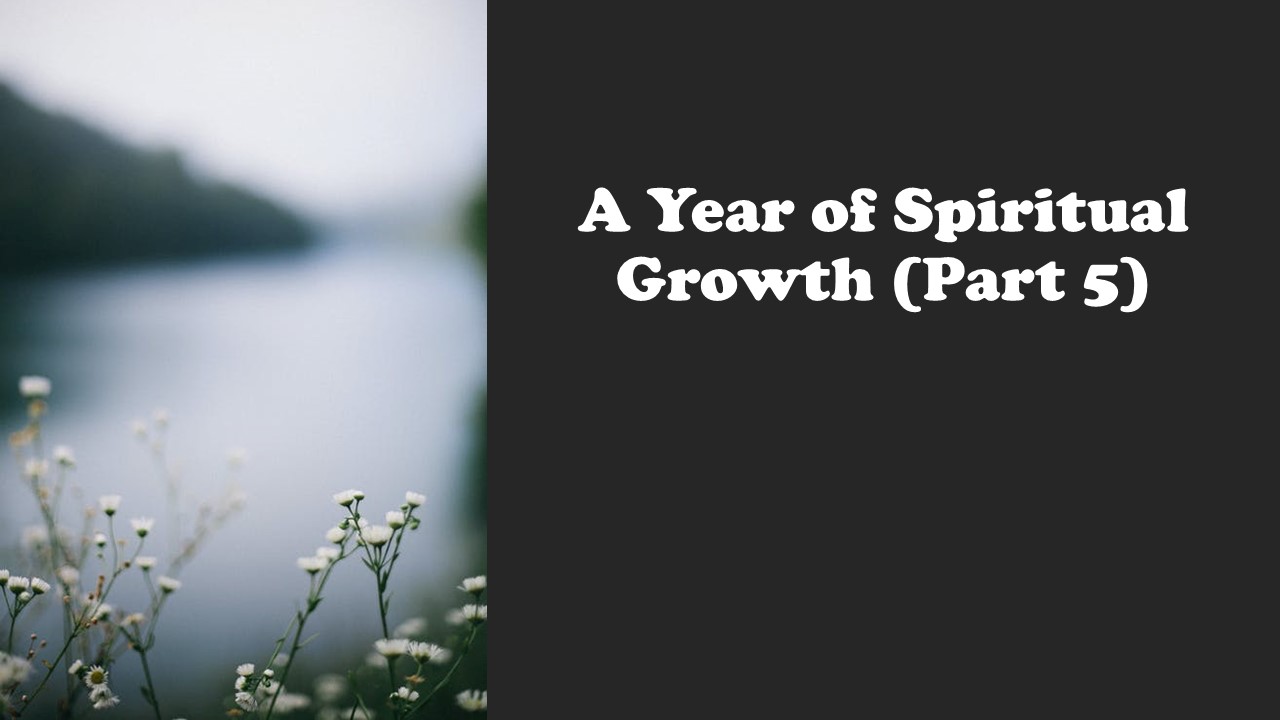In Jeremiah 7, Jeremiah confronts the hypocrisy and superficial piety of his people. He criticizes the Temple, once a symbol of divine presence, now a "den of thieves" due to the people's empty rituals and moral corruption. Jeremiah exposes their neglect of the vulnerable and idolatrous practices, challenging their false sense of security in mere religious observance.
Despite the stark portrayal of judgment for their sins, Jeremiah offers a path to redemption: a radical moral transformation and adherence to genuine justice and compassion. His message extends beyond ancient Israel, resonating with modern issues of religious emptiness and societal injustice. It calls for introspection and a commitment to true worship, characterized by ethical living and heartfelt devotion.
This theme continues in the New Testament with Jesus, who also addresses the Temple's corruption. He symbolically cleanses it, shifting its meaning from a physical structure to a spiritual relationship with God. Both Jeremiah and Jesus urge a move from ritualistic religion to a deeper, more authentic faith, where righteousness stems from transformed hearts committed to justice and compassion. Their teachings challenge us to rebuild our spiritual lives on these foundational principles, creating communities that reflect God's love and righteousness.

Today we conclude our series on what it will take for 2021 to be a year of spiritual growth with Part 5. We explore...

In today’s “Best of Replay,” we rebroadcast Episode 551 from January 2023: “Happy New Year.” A new year often affords us the opportunity to...

Who were the villains in the Easter story? Judas the betrayerPeter the denierThe chief priests and other leaders who conspired against Jesus and riled...